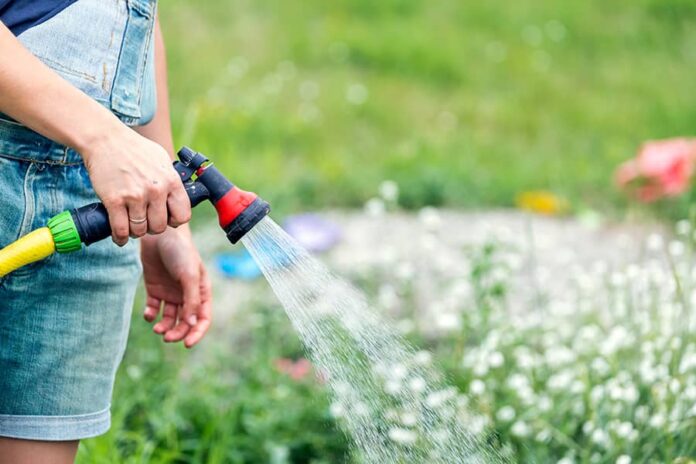This is the last column of the year, and I usually try to write about something to do with gardening and the environment. Usually, it reads like a lecture, for which I am sorry. Often it becomes political. We are adults. After all these years, we should be able to have a civil discussion.
The subject this year was triggered by yet another study indicating the wisdom of not using glyphosate. There have been increasing indications that the stuff is simply not good for our bodies. It was discovered in 1950 and was actually an antibiotic. Then they discovered it could clean scale off the inside of pipes. Finally, someone noted it killed weeds, and it has been in use for that purpose since 1974. Then, starting around 2002, farmers began to use it as a desiccant to dry crops before harvest. It works well on barley, wheat and oats, as well as beans and more.
As you can imagine, using glyphosate at harvest time results in high residues of the stuff on the crops. As a result, it is persistent in our food. Heck, according to the U.S. Centers for Disease Control and Prevention, this chemical is in more than 80% of children and adults in this country. By the way, glyphosate is not registered to be used as a desiccant, but is apparently cheaper than what has been registered and farmers get away with it.
Now there is a new study that suggests glyphosate causes something akin to Alzheimer’s and inflammation in mice, and persists in at least their brains well after exposure ended. Oh, there was also an increase in mouse mortality. I know, mice are not humans. Still, something is going on. The stuff does not appear to be something you want in your system, nor your family’s.
I am thankful that this year I don’t have to warn my readers not to use glyphosate because you are all organic, right? You may not be able to control how much of this stuff other people put into your body, but you darn sure can control yourself. I think it is shameful that it is still on the market for home use. We don’t want to be part of a big experiment being conducted by a profit-making corporation.
A few years back I read another study that indicated Alaska was the only state where glyphosate was not detected in streams and rivers. I am not sure that is still true, especially since a form of it is used to eradicate mountain ash that are taking over river and stream banks. It is a noble cause, sure, but surely we can find an alternative. I’ve also argued that the Alaska Railroad should not spray tracks with it for weed control. At the very least they should be doing lots of studies to replace glyphosate. Sure, alternatives are perhaps not quite as cheap as glyphosate, but come on! This is Alaska. This is you and me and our families.
Just for fun, I counted the “tags” that accompanied one article that was a synopsis of a bunch of glyphosate studies: Agriculture, Alzheimer’s Disease, Anti-Inflammatory, Anxiety, Blood, Brain, Cognitive Function, Cortex, Cytokine, Cytokines, Diet, Glycine, Hippocampus, Inflammation, Metabolite, Mortality, Necrosis, Neurodegeneration, Neurodegenerative Disorder, Pathology, Pathophysiology, Pollution, Research, Sleep, Toxin, Tumor, Tumor Necrosis Factor. Holy cow! And we eat grains with glyphosate spray residues. What am I missing?
Jeff’s Alaska Garden Calendar
Alaska Botanical Garden: Got your membership yet? You really should join if you are a gardener.
Christmas Tree Recycling: Yes! Thank you, Alaskans for Littering Prevention and Recycling and Carrs-Safeway. You can recycle your tree (no wreaths), sans ornaments and tinsel, from Dec. 28 to Jan. 15. Check for designated areas. Note: the Midtown Carrs is not accepting trees this year.
By Jeff Lowenfels from ADN News

